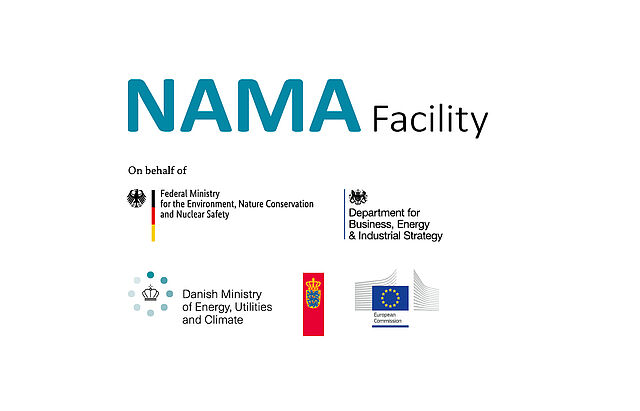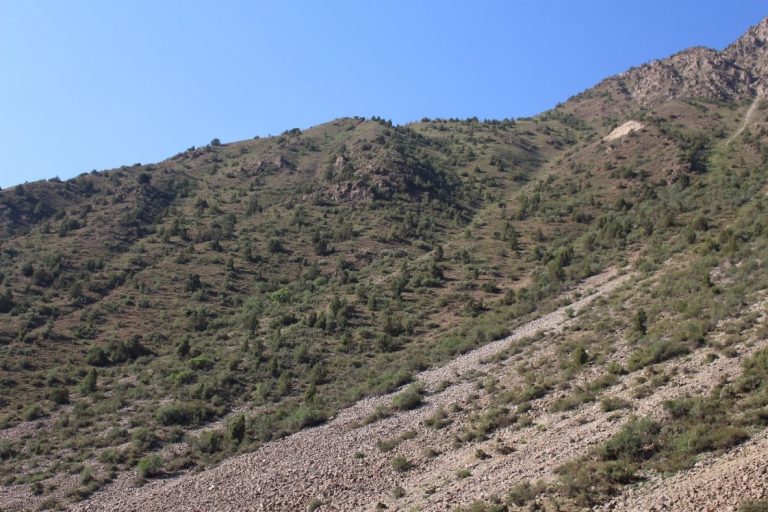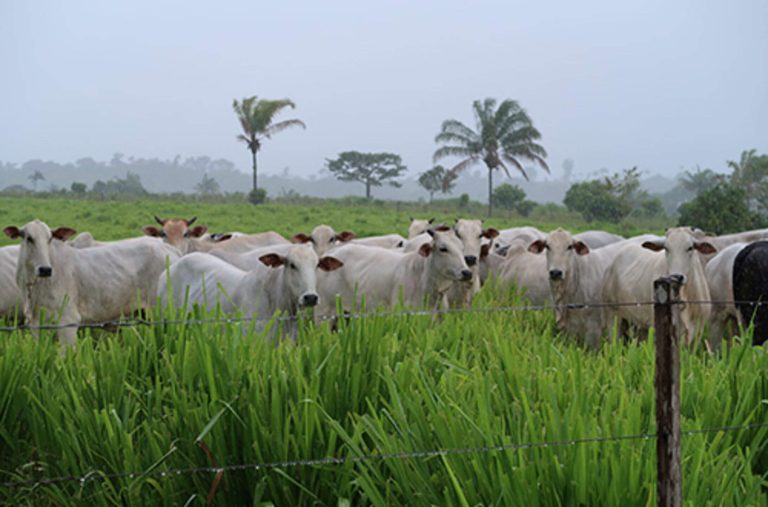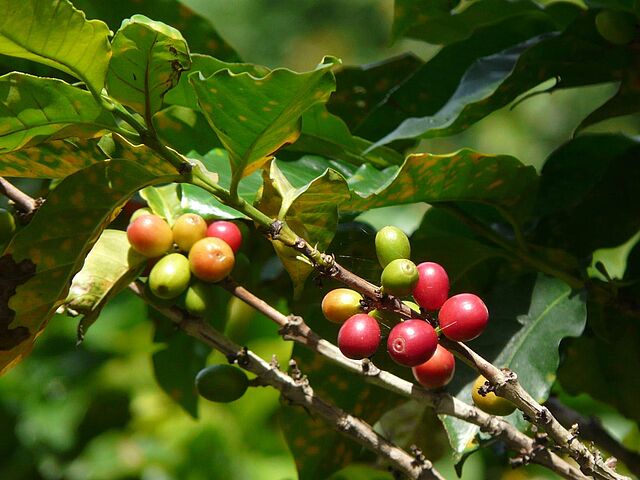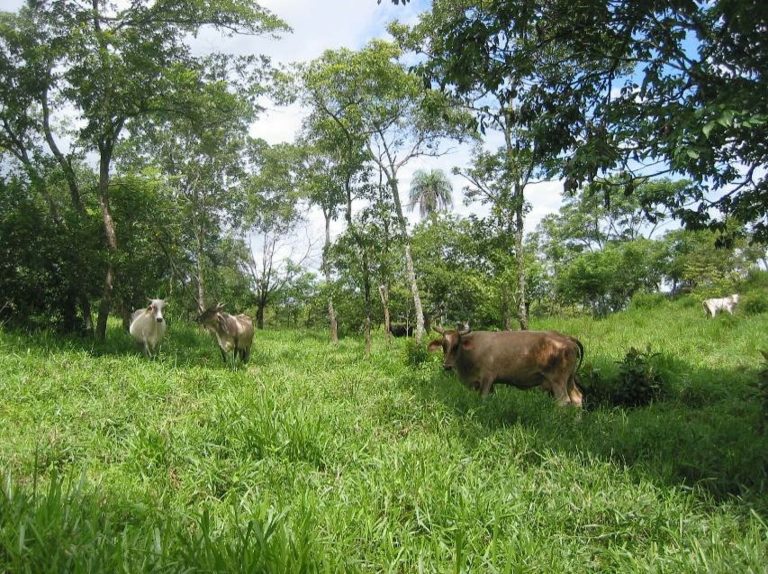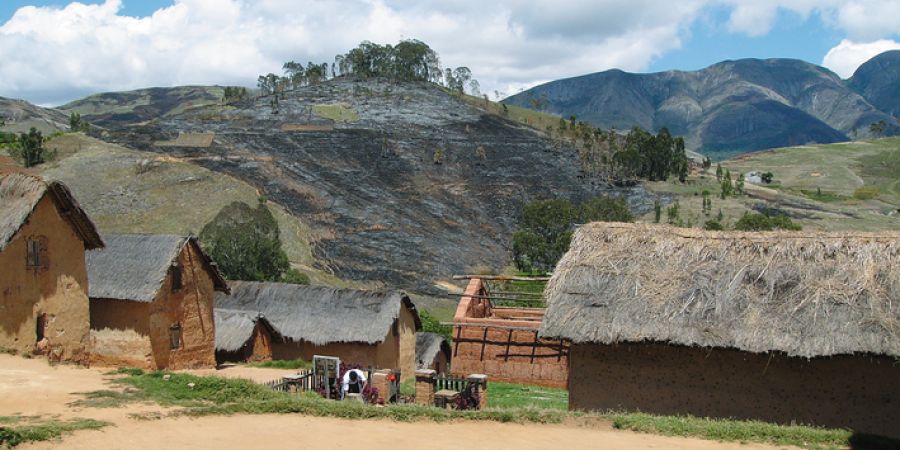
Background: The project “Madagascar – Northern Madagascar REDD+ Project” will take place in the Northern Highland area of Madagascar, covering the regions of Sava and Sofia. The intervention area contains one of the largest remaining blocks of intact humid forest in Madagascar. However, during the last 15 years, the deforestation rate has increased from 0.35% to 1.22%. Rice production from slash and burn activities, vanilla production, illegal logging and charcoal production are the main causes of deforestation and forest degradation. A large portion of forest is threatened to disappear completely within the next 5-10 years – while forests constitute an important element in mitigating greenhouse gas (GHG) emissions.
Approach to Transformational Change: By adopting landscape approaches, this project aims to address the complex drivers of deforestation in alignment with the Nationally Determined Contribution (NDC) of the Government of Madagascar. The central objective of this project is to reduce deforestation, thereby enhancing carbon sequestration as well as contributing to the improvement of community livelihoods and forest governance. The project intends to catalyse transformational change and effect a shift toward sustainable, climate friendly agricultural practices by building a sustainable development model that links low-carbon practices with new market opportunities and reverses the deforestation trend. This should enable forest conservation by leveraging private sector funding to support forest management and reforestation.
Mitigation potential: In terms of mitigation potential, this project’s ambition is to generate 2.5Mt CO2eq within five years. Several co-benefits will be generated through increased revenues for farmers, private companies’ increase in sustainability and a better provision of ecosystem service impacting a larger range of people living within the intervention area of the project.

